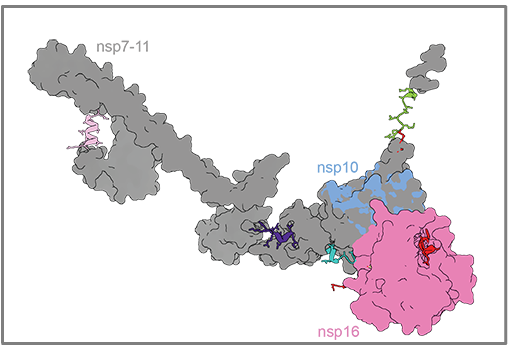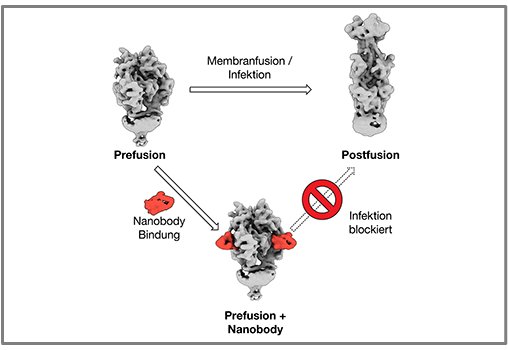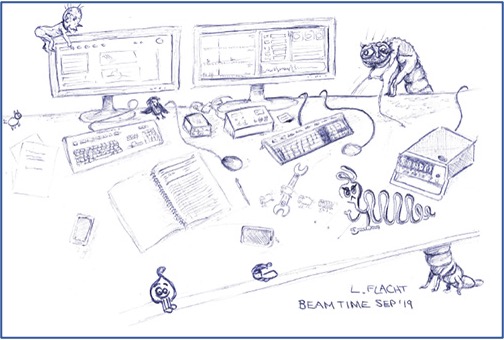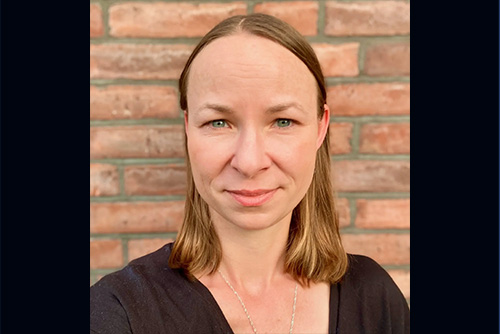A New Way in Infection Research
Centre for Structural Systems Biology (CSSB) holds its first international symposium in Hamburg.
Hamburg. Infectious diseases such as malaria, tuberculosis, and salmonella are becoming more prevalent and increasingly resistant to existing treatment options. Understanding how the pathogens involved interact with their human hosts at the both the systems and molecular level will help pave the way to more effective treatment options. To this end, international experts in infection, systems and structural biology will be gathering to share their knowledge and discuss the latest scientific developments at the first CSSB International Symposium being held from April 9-11 at the Bernhard Nocht Institute for Tropical Medicine. The symposium is supported by the Joachim Herz Stiftung.
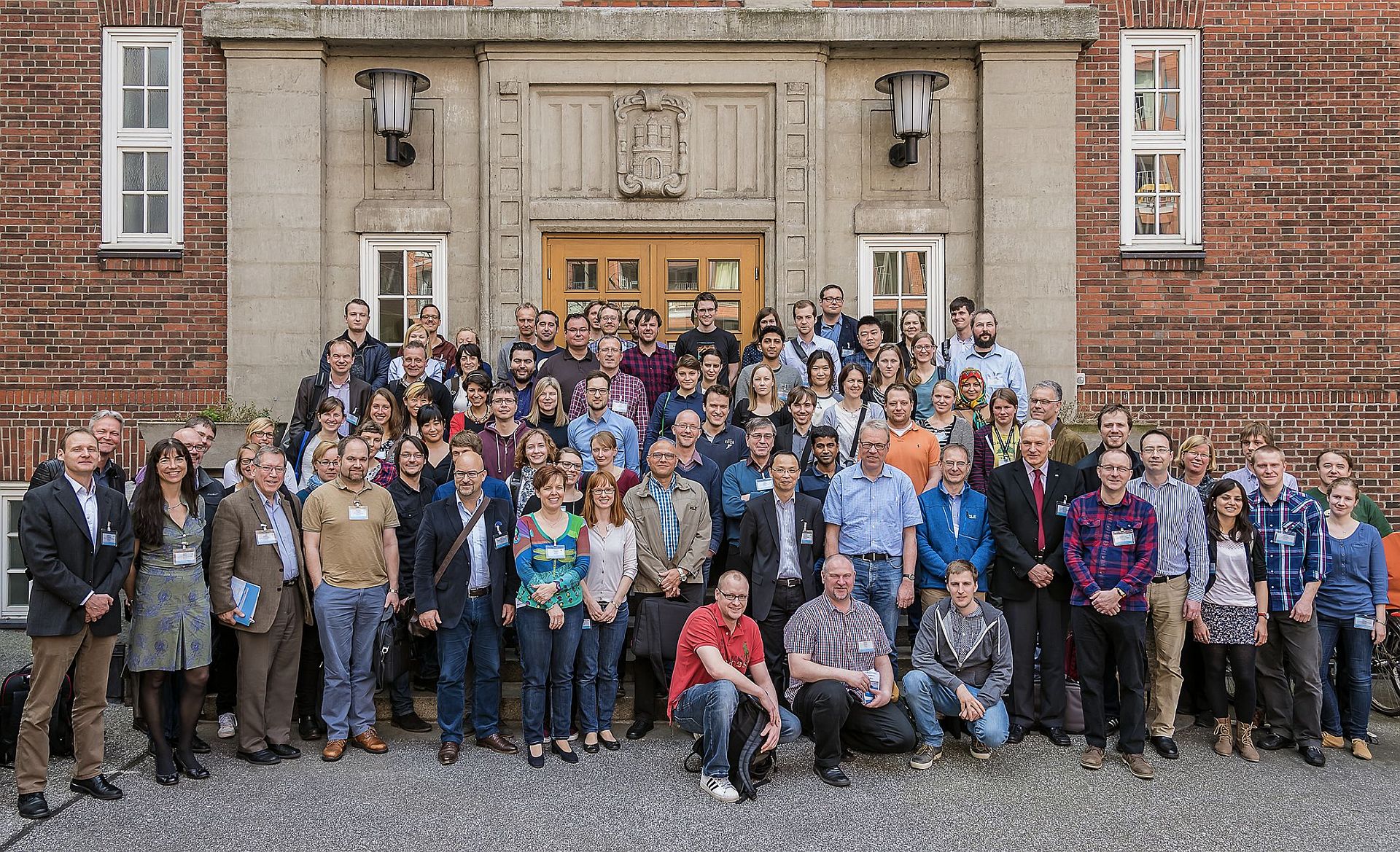
Renowned speakers from across the globe will be sharing the how the latest methodologies and approaches in systems biology can be utilized to deepen our current understanding of the infection process. Systems Biology uses computational modeling approaches in combination with experimental setups to develop a comprehensive understanding of biological systems. The symposium will feature five sessions covering current trends in systems biology such as the biotechnical applications of systems biology and how systems biology can be used to rescue legacy drugs. The symposium will culminate with concluding discussion on future prospects in the field of systems biology. “By focusing our first symposium on systems in infection biology, CSSB is highlighting the importance of interdisciplinary scientific endeavours and providing scientist with a platform to exchange knowledge and discover new ways forward in infection research,” explains Matthias Wilmanns, CSSB Scientific Director. “We would like to thank the Joachim Herz Stiftung for supporting us in this research approach and enabling us to focus our symposium on systems biology.”
The first part of the symposium will explain the central role of systems biology methods and approaches for scientific breakthroughs in infection biology. “Systems biology is playing an increasingly important role in the identification of general cellular mechanisms involved in the infection process,” explains Thomas Marlovits (CSSB, UKE). Marlovits research examines the molecular machinery involved in this secretion system of the Salmonella bacteria.
Tim Gilberger (CSSB, BNITM, UHH), will be leading the symposium session “Omics" in infection biology which will focus on how genomics and proteomics data can complement infection biology research. In his own research, Gilberger uses systems biology approaches to determine which of the malaria parasite’s 5200 proteins are directly involved in the invasion and transformation of red blood cells. "Hundreds of proteins are involved in host cell invasion and transformation. Identification of the ring leaders in these functional networks will help to define novel antimalarial targets," explains Gilberger.
The symposium will be followed by a Spring School which will provide an introduction to advanced biophysical approaches for Structural Systems Biology. The spring school will provide young scientist with a chance to develop their interdisciplinary skills and is supported by the Joachim Herz Stiftung, which in the program area of the natural sciences supports PhD and post-doctoral students by providing them with opportunities to develop their interdisciplinary and networking skills.
